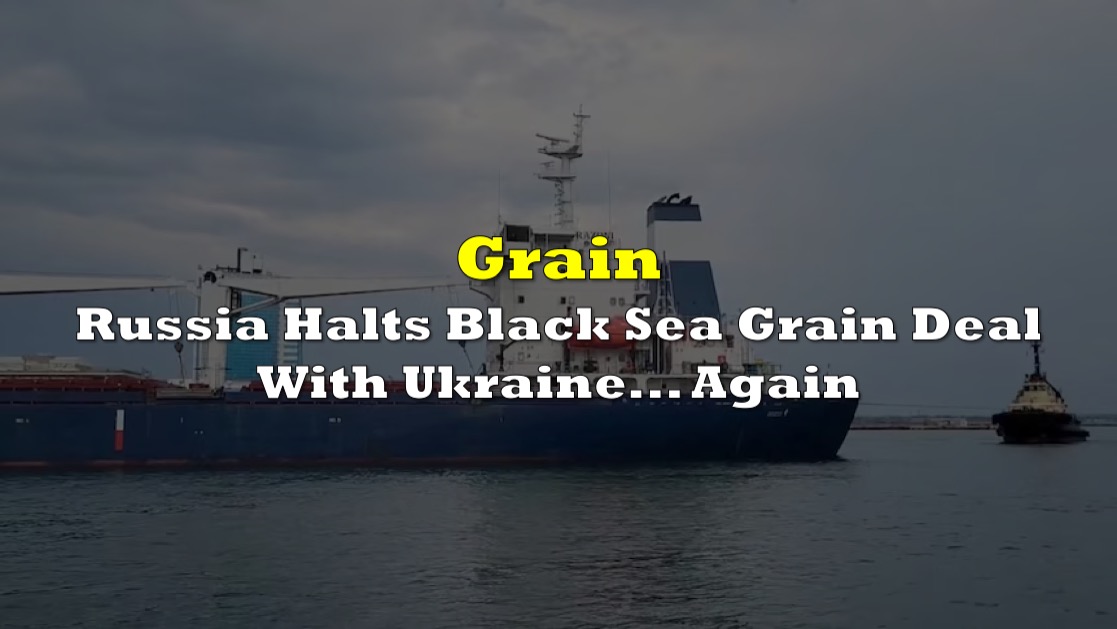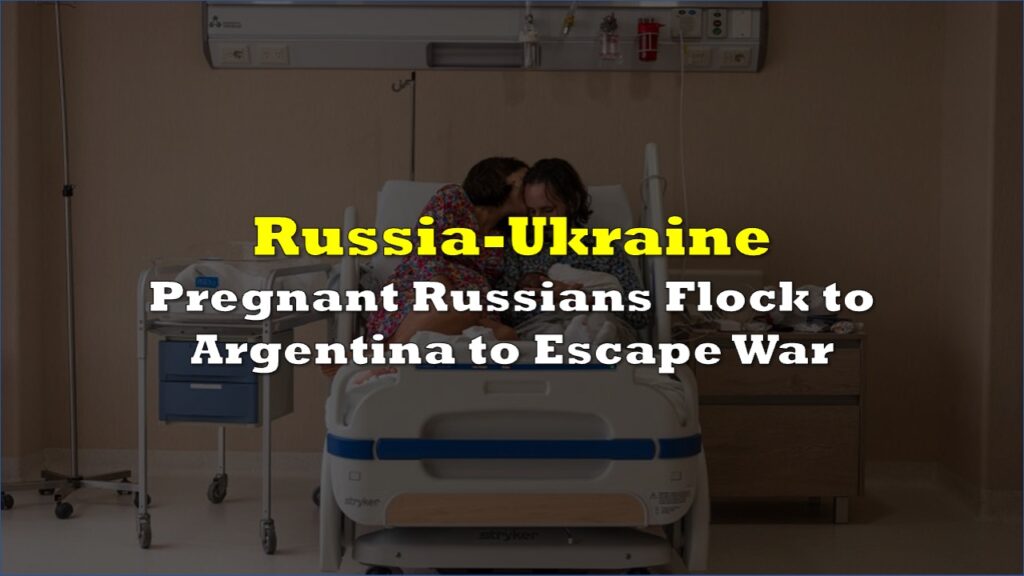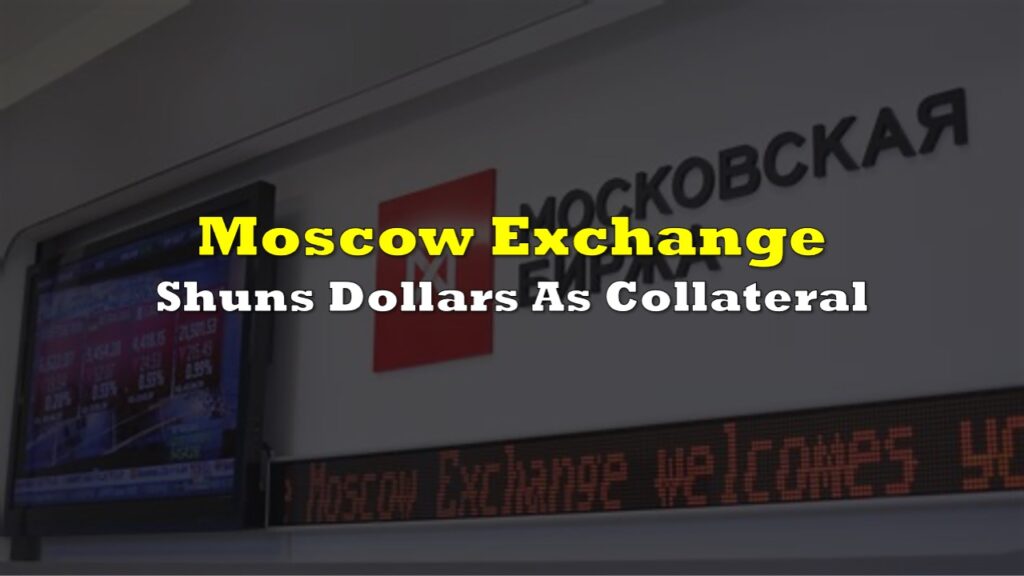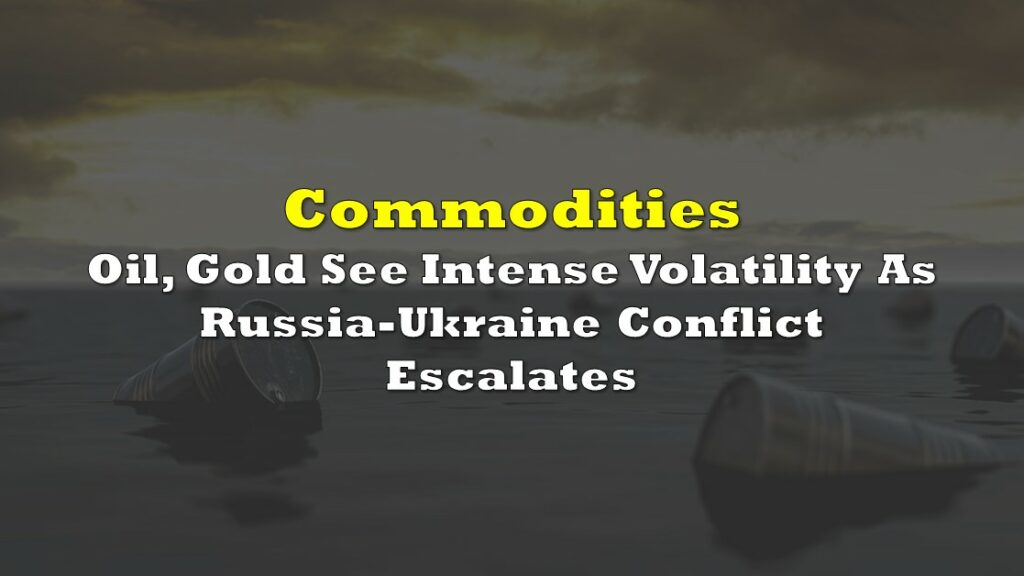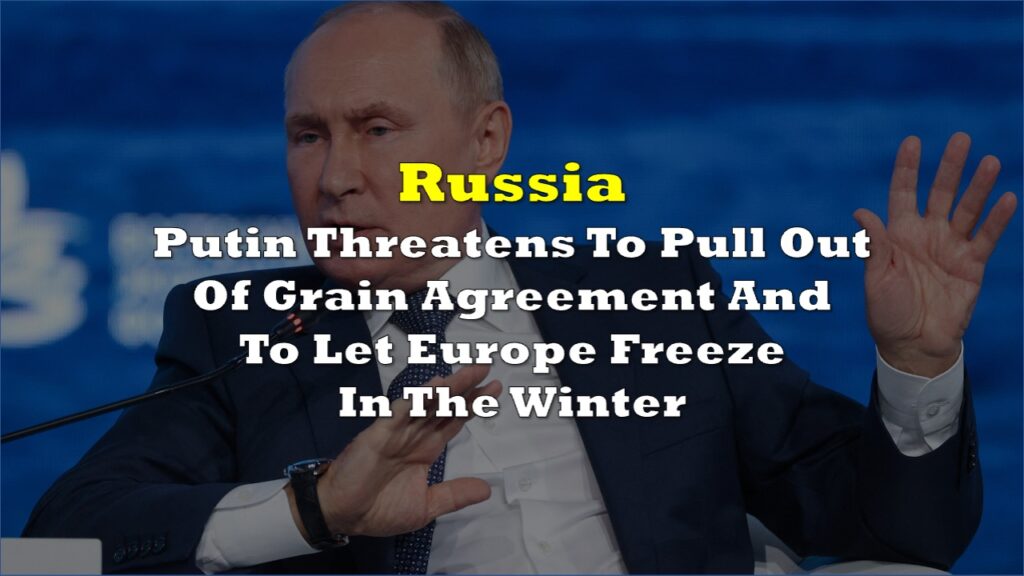Russia has decided to halt its participation in the Black Sea Grain Initiative, a deal that facilitated the shipment of grain from war-torn Ukraine to regions grappling with hunger. This decision comes as a major blow to global food security, particularly after Moscow’s invasion last year caused soaring prices worldwide.
Adding to the tension, an explosion recently destroyed Russia’s bridge to Crimea, with Moscow attributing the attack to Ukrainian sea drones, resulting in the death of two individuals. This road bridge serves as a crucial route for Russian troops engaged in the conflict in Ukraine.
Russian President Vladimir Putin denounced the “senseless crime” and promised a response, emphasizing the need for heightened security at the bridge.
While Moscow claims that the attack is unrelated to its suspension of the grain deal, it cited the failure to implement a parallel agreement easing regulations for its own food and fertilizer exports as the reason behind the decision.
The landmark accord, brokered by the United Nations and Turkey, aimed to facilitate shipments of Russian food and fertilizer, which Russia argues have not been adequately applied.
Kremlin spokesperson Dmitry Peskov expressed that Russia would immediately resume its participation in the deal if its demands regarding its exports were met. However, as the clock struck midnight, the Black Sea Grain Initiative expired, with Peskov stating that the agreements concerning Russia had not been implemented, rendering them void.
“The Black Sea agreements ceased to be valid today,” Peskov told reporters on Monday afternoon “Unfortunately, the part of these Black Sea agreements concerning Russia has not been implemented so far, so its effect is terminated.”
Under this arrangement, Ukraine has exported more than 32 million metric tonnes of corn, wheat, and other grains, with the last shipment leaving Ukraine just days ago.
The Russia-Ukraine grain deal has collapsed after Moscow pulled the plug. The deal is "terminated", said a Kremlin spokesperson, according to TASS. Western Europe, China and Turkey benefited from the deal, taking the largest share of Ukrainian grain and oilseeds | #OATT #Ukraine pic.twitter.com/UnoJty1Fiw
— Javier Blas (@JavierBlas) July 17, 2023
Ukrainian President Volodymyr Zelenskyy affirmed the country’s readiness to continue grain exports, even without the involvement of Russia.
“Even without the Russian Federation, everything must be done so that we can use this Black Sea corridor. We are not afraid. We have been approached by companies that own ships. They said that they are ready,” Zelenskyy said in comments distributed on social media by his spokesman Serhii Nykyforov.
This is not the first time Russia has suspended its participation in the Black Sea deal. It temporarily halted the agreement in October last year. The decision back then also followed an accusation that Kiev launched a “massive” drone strike on Russia’s Black Sea Fleet in Crimea’s Sevastopol.
One of Russia’s concerns is the insufficient amount of grain reaching impoverished countries, but the UN states that the deal has significantly lowered global food prices by over 20%, benefiting those nations.
Days after suspending the deal, Russia resumed its participation in the Black Sea grain-export deal after receiving written promises from Ukraine that the safe-passage corridor will only be utilized for grain exports.
The termination of the grain deal will undoubtedly have severe consequences. Nana Ndeda, a humanitarian policy and advocacy lead at Save the Children, warns of rising food prices, increased malnutrition, and heightened food insecurity, impacting millions of vulnerable individuals and families worldwide.
Both Ukraine and Russia are major agricultural producers, with significant influence in various markets such as wheat, barley, maize, rapeseed, rapeseed oil, sunflower seed, sunflower oil, and fertilizers. Russia’s invasion of Ukraine last year triggered skyrocketing food commodity prices, exacerbating the global food crisis intertwined with conflicts, the ongoing COVID-19 pandemic, climate-related challenges, and droughts.
The Black Sea deal, which provided assurances of safe passage for ships entering and leaving Ukrainian ports, was crucial in addressing the global food crisis. However, Russia’s grievances over its own exports and the lack of progress in resolving them have led to the deal’s demise.

The international community has strongly condemned Russia’s decision. UN Secretary-General Antonio Guterres expressed regret, emphasizing the detrimental impact on people in need worldwide. The White House called the suspension of the pact unconscionable, and the US ambassador to the UN accused Russia of holding “humanity hostage.”
The United Kingdom denounced Russia’s actions as an attempt to use food as a weapon, while European Commission President Ursula von der Leyen called it a cynical move.
Efforts are underway to find a way forward and possibly revive the agreement. Zelenskyy has discussed the matter with UN Secretary-General Antonio Guterres, while Turkish President Recep Tayyip Erdogan aims to persuade Putin during their upcoming meeting in August.
The future of the Black Sea Grain Initiative remains uncertain. Insurers are reviewing whether to provide coverage for ships willing to sail to Ukraine. Wheat and corn futures initially rose but then slumped after Russia’s announcement, with market analysts acknowledging the inherent risk of the deal expiring.
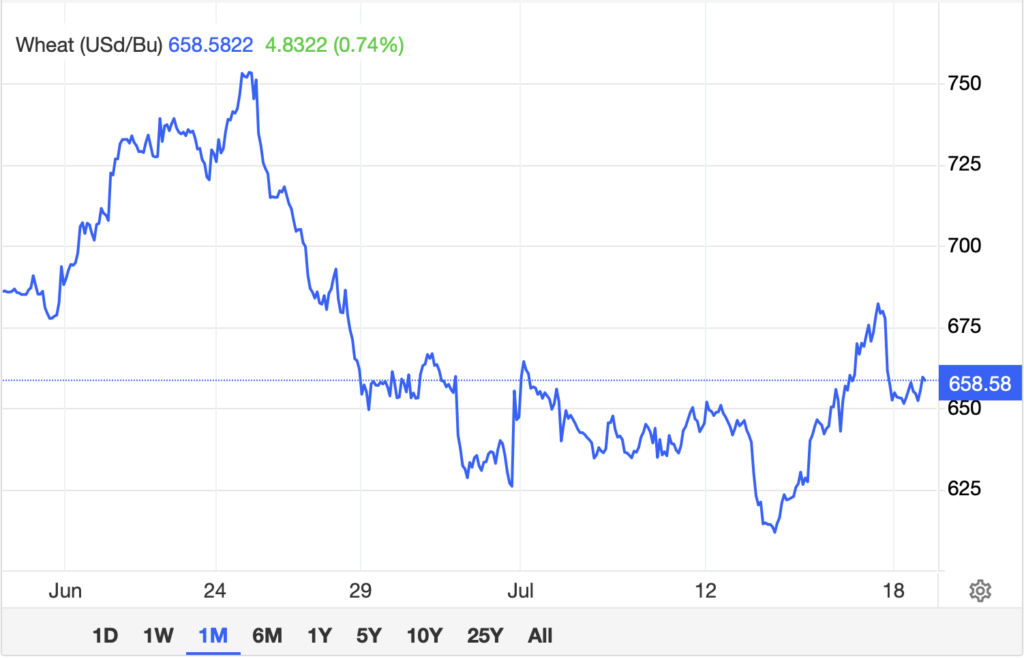
The UN had worked to facilitate Russia’s exports over the past year, including creating a custom payments mechanism through JPMorgan Chase & Co. and brokering a proposal with the European Commission to restore access to SWIFT for a subsidiary of Russia’s state agricultural bank. However, with Russia’s withdrawal from the Black Sea deal, these efforts are also set to end.
Information for this briefing was found via Al Jazeera and the sources mentioned. The author has no securities or affiliations related to this organization. Not a recommendation to buy or sell. Always do additional research and consult a professional before purchasing a security. The author holds no licenses.

